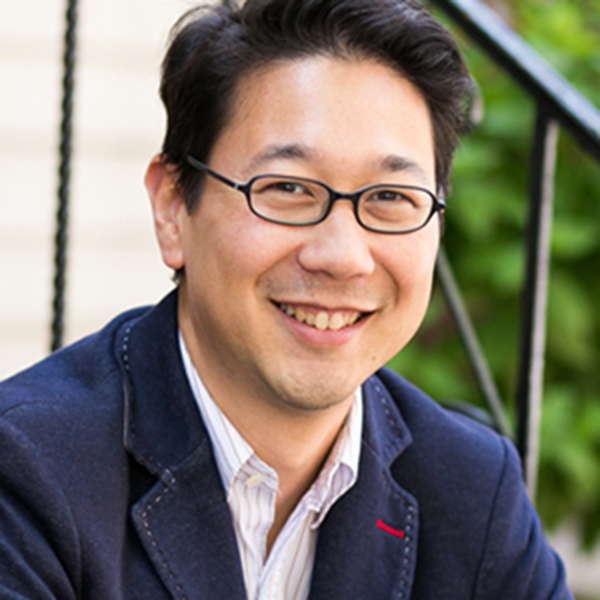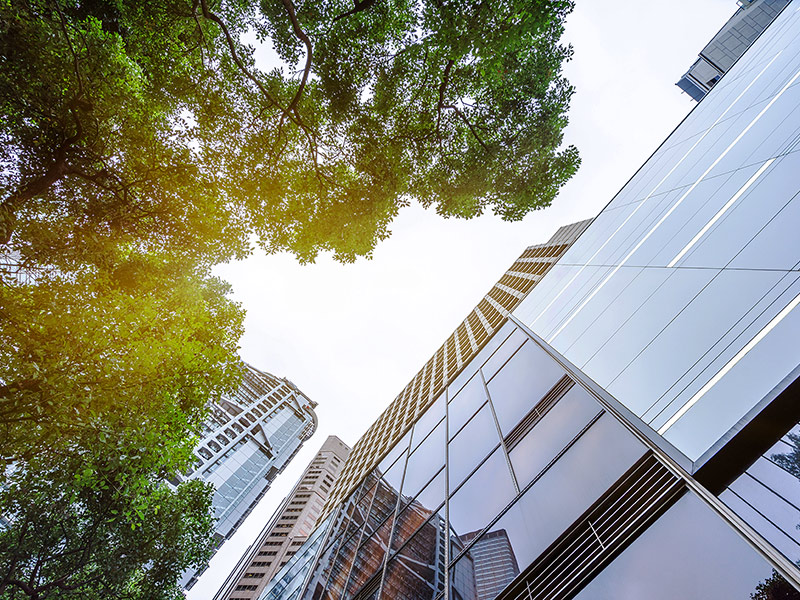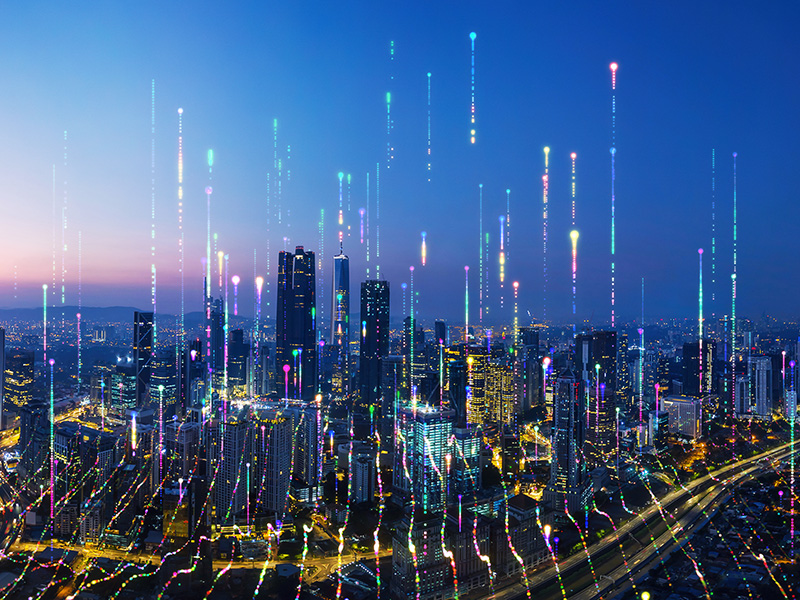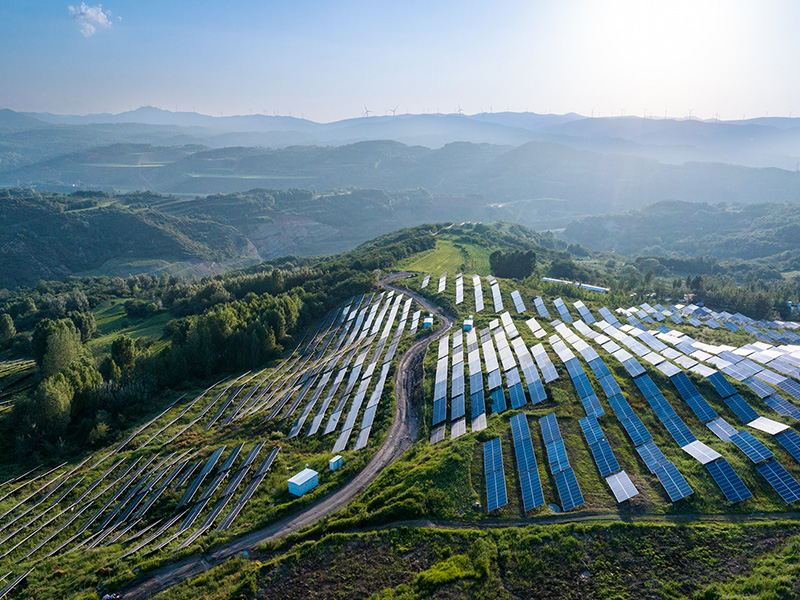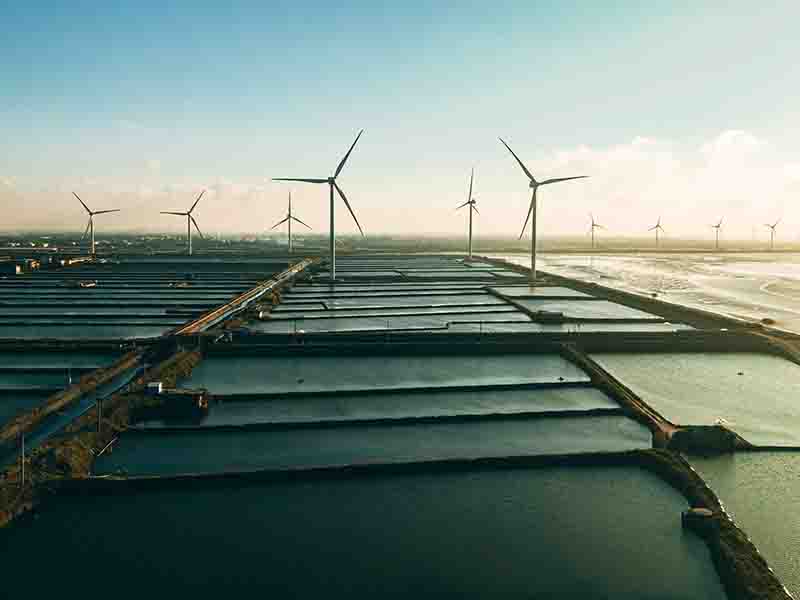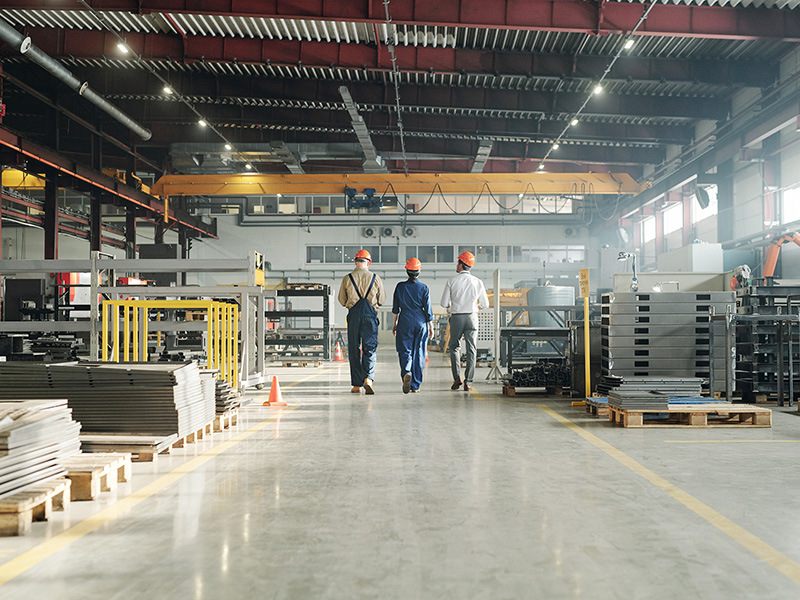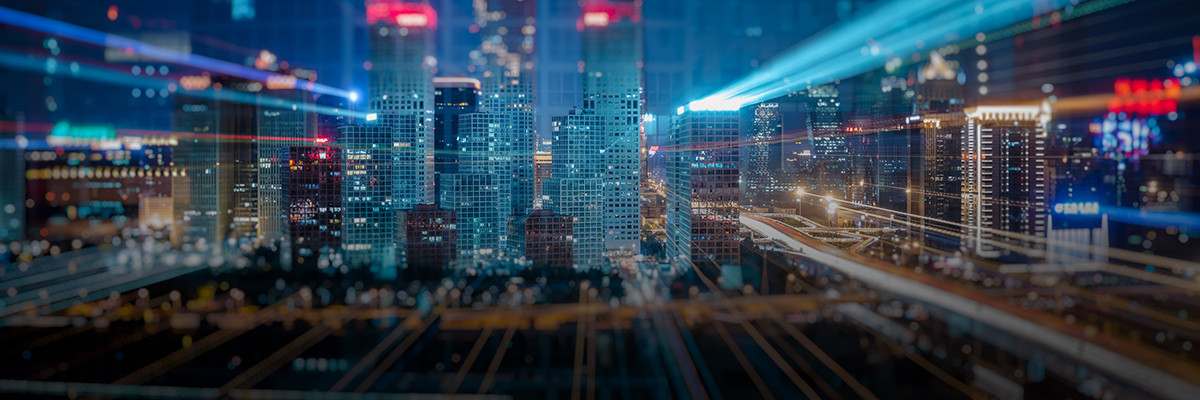
From extreme weather events around the globe, to the election of Donald Trump, to China’s decision to phase out cars fueled by fossil fuels, the world is changing profoundly and rapidly. Almost every business is facing fundamental changes—changes that are causing companies everywhere to rethink their business models, their customers, how they deliver value, and who their competitors are. The landscape for business and sustainability is being reshaped.
Not only are the speed and scope of these changes hard to fathom, but they are all interacting with each other to produce bewildering complexity. The automation of garment production, for example, has massive implications not only for manufacturing, but also for international development, global supply chains, human rights, and retail.
Discussing the impact of automation on retail at BSR’s recent Responsible Retail Symposium, Sebastian Vanderzeil, a director and analyst at Cornerstone Capital Group, said, “By 2025, things will be so completely different that I don't even know what they look like.”
The Need for Futures Thinking
In times like these, any business that plans for the future by extrapolating from the past is unlikely to succeed. One example of how quickly the world is shifting? Four years ago, the Energy Information Agency forecast that global coal use would grow 39 percent by 2040. This year, however, it revised that forecast downward to just 1 percent.
For organizations to survive and thrive in such turbulent times, they need ways to grapple with rapid change, uncertainty, and complexity. Futures thinking, also known as strategic foresight, provides a set of tools to do this. These methodologies provide structured ways to spot signals of change on the horizon, explore multiple possible futures, and chart a path forward that assumes turbulence.
To meet the increasing need for futures thinking, BSR has launched a new Sustainable Futures Lab, which will enable foresight-driven engagement with a broad spectrum of changes across various domains that are reshaping the context for business overall, and for companies committed to advancing sustainability in particular. Sustainability is fundamentally about creating a future that is fit for purpose, and the Sustainable Futures Lab will build upon BSR’s 25-year legacy of thinking about how to create a better future.
As its name suggests, the Lab will be experimental in its approach. It will test hypotheses and prototype new solutions across BSR’s three key areas of activity: research, consulting, and collaboration.
Research: Horizon Scanning and Big Data
At the foundation of a robust strategic foresight practice is horizon scanning: a systematic exploration across multiple domains to identify emerging issues, new threats and opportunities, and signals of change. Our new horizon-scanning practice will combine human intelligence with cutting-edge machine learning.
This practice will generate new topics for inquiry that will build upon and extend BSR’s research agenda. Our work on topics such as a sustainable transition to automation and the sustainability challenges and opportunities of 3-D printing will be augmented by examinations of new issues we see reshaping sustainable business, such as algorithmic bias and the business implications of universal basic income.
Consulting: Scenario Planning and “Future-Proofing”
Transforming insight into impact is core to BSR’s theory of change, and the Sustainable Futures Lab will offer our members new tools for finding the business opportunities in creating a more just and sustainable world.
To spot these opportunities under conditions of such profound uncertainty, it is essential that businesses take into account multiple possible futures—rather than betting the farm on one “expected future.” One of the most powerful tools for doing this is scenario planning, which makes use of an entire set of plausible futures to test and enhance strategy. As a recent article in MIT Sloan Management Review observes, “Many senior executives are coming to the view that smart management benefits from a richer understanding of the present possibilities afforded from multiple views about possible futures.”
BSR will now offer scenario planning as a strategic foresight service to its members. In addition, we will be sharing new approaches to “future proof” existing offerings, such as materiality assessments, stakeholder engagement, and climate resilience strategies.
Strategic Collaborations
Solving humanity’s most pressing challenges often requires work that goes beyond what one company can do alone—and the Sustainable Futures Lab will use strategic foresight to enhance BSR’s collaborative initiatives. Horizon scanning will be leveraged to identify new opportunity spaces. Scenario planning will be used to help members of collaborative initiatives consider different futures and align around a preferred vision. And the Lab will also aim to launch a dedicated collaborative initiative offering members the opportunity for hands-on engagement with the people and the issues shaping the future.
What’s Next
The Sustainable Futures Lab will host several sessions at the BSR Conference in Huntington Beach, California, next month: Join us for a futures-thinking design sprint and conversations about how futures can help us redefine sustainable business. The BSR University course on Preparing Sustainability Strategies will also address strategic foresight topics, including scenario planning. Finally, we are also in the process of planning futures workshops and a global roadshow later this year and early next year.
If you’d like to discuss how futures might be useful for your organization, please get in touch.
BSR’s latest sustainability insights and events straight to your inbox.
Topics
Let’s talk about how BSR can help you to transform your business and achieve your sustainability goals.
